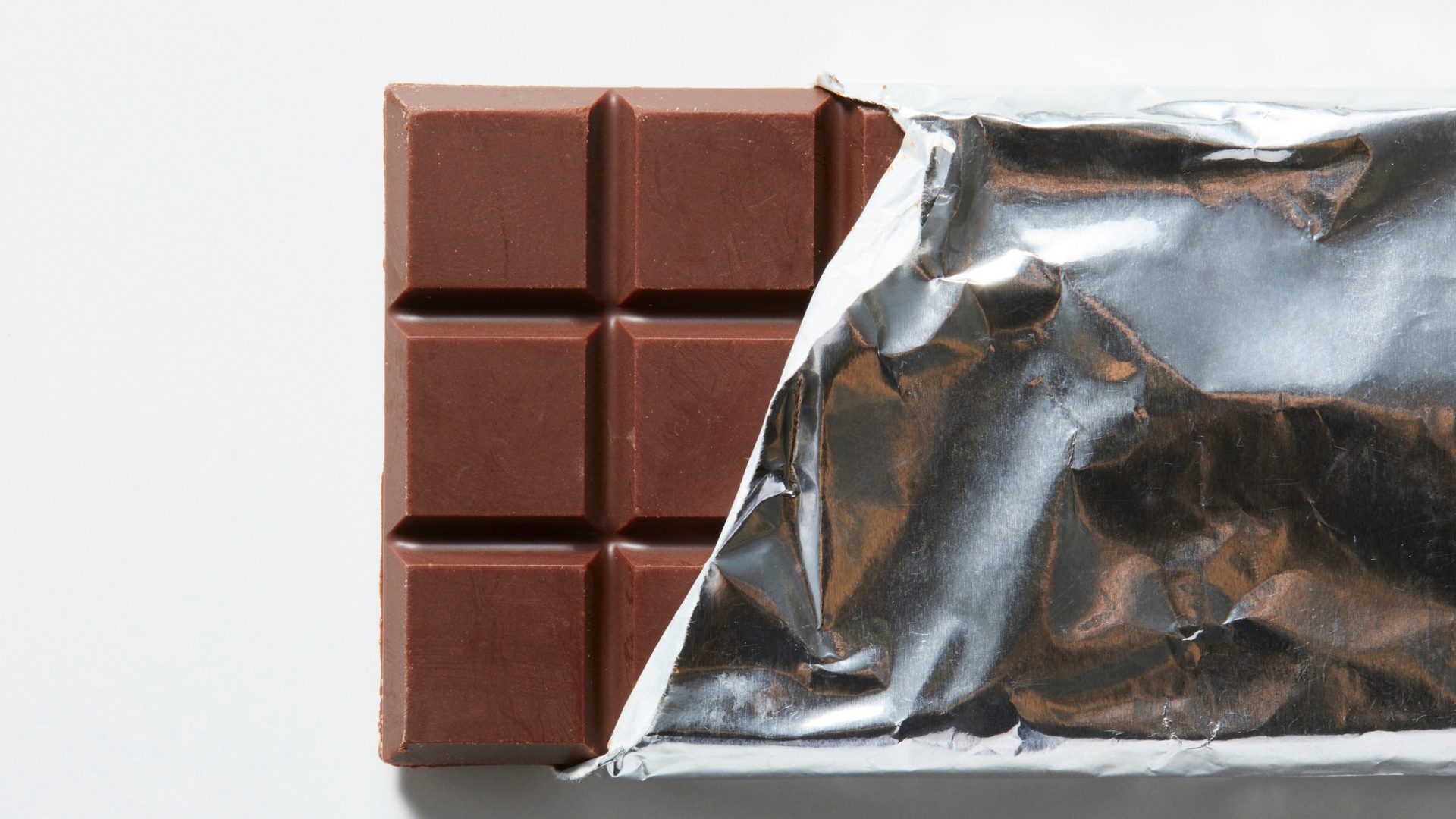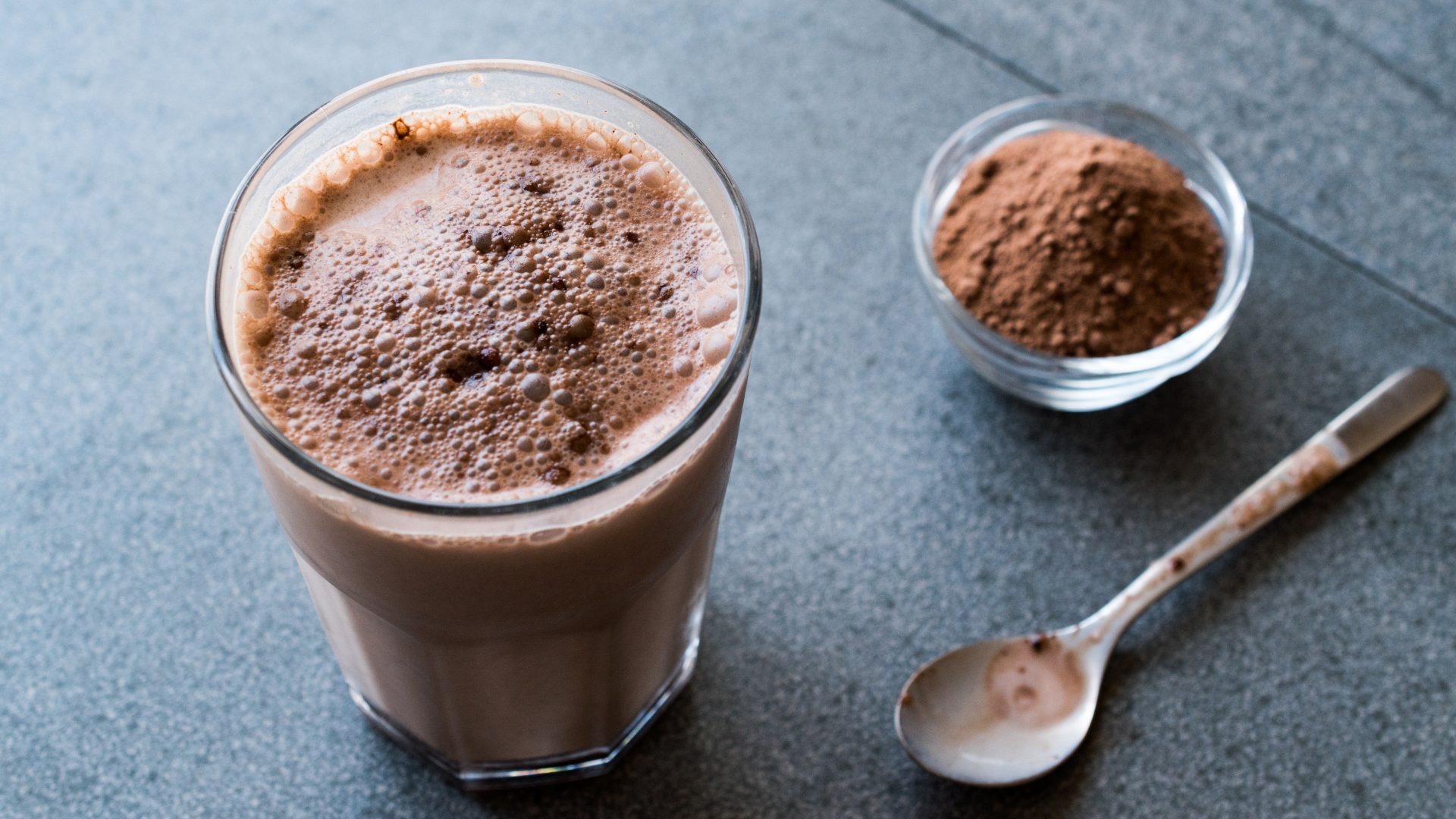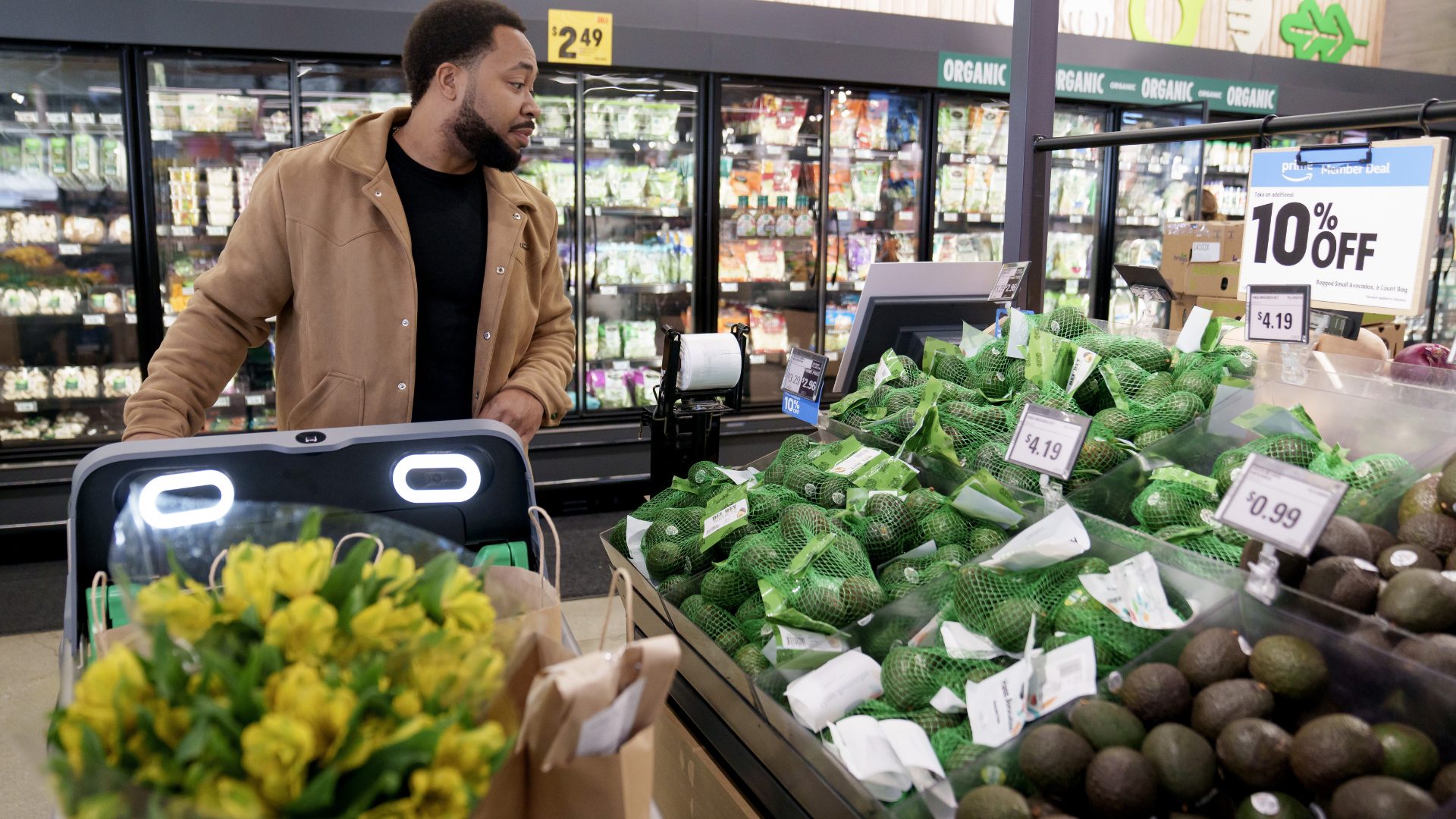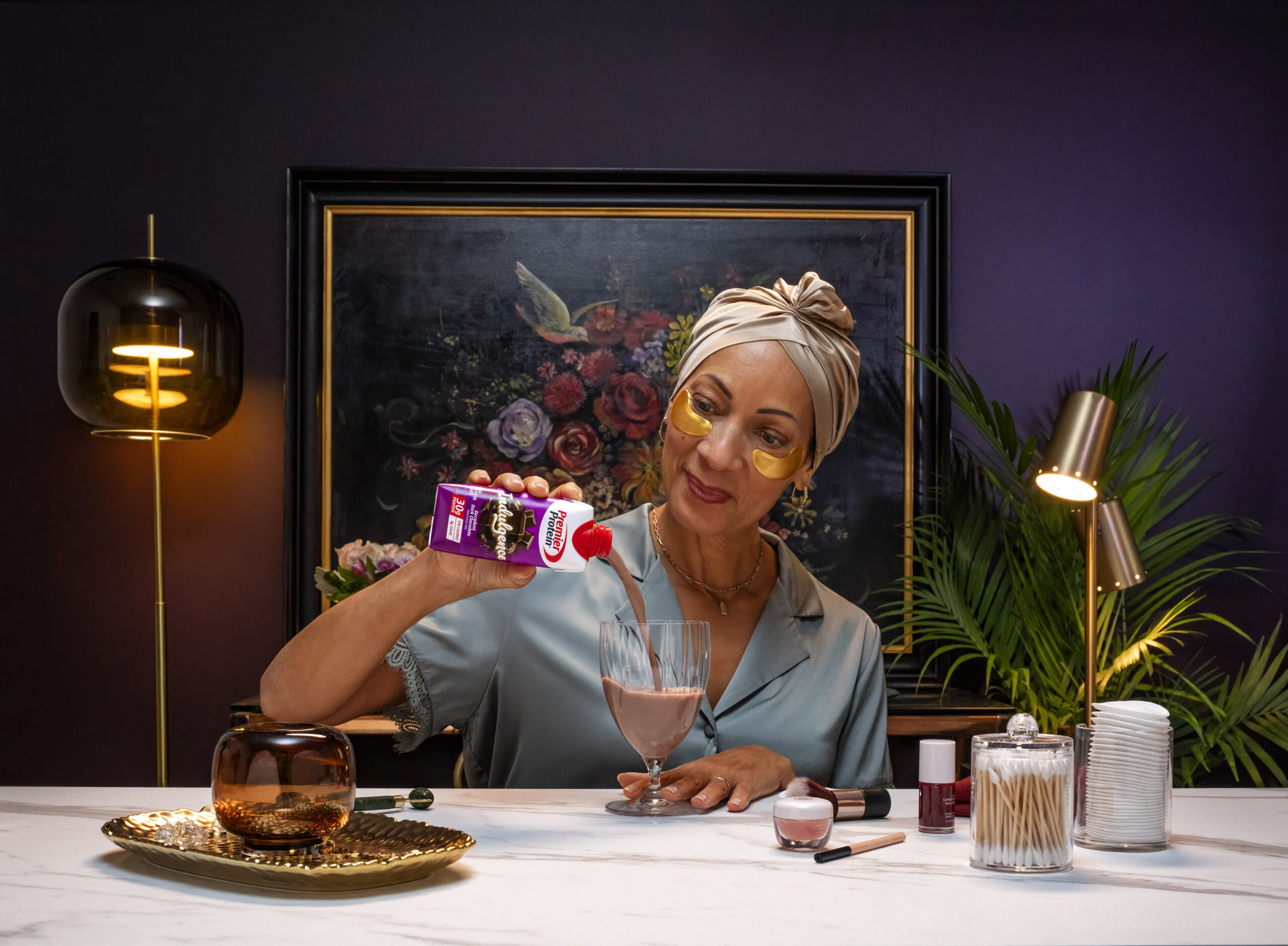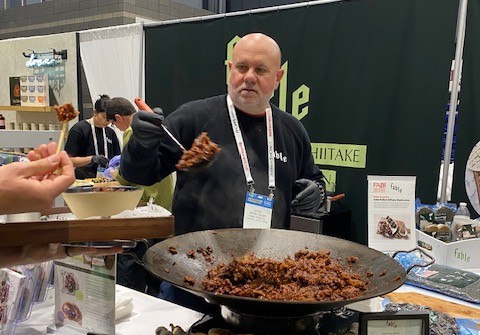Today’s shoppers care about what’s in their food, and they are not afraid to check the label—but what exactly are they looking for?
Standing in the grocery aisle, squinting at the product in hand, there are a handful of key phrases that immediately jump out at consumers. And these product attributes ultimately decide whether the item ends up in the cart or back on the shelf.
According to Brightfield Group’s Wellness Consumer Insights in Q2 2023, these are consumers’ top five ingredient preferences:
1. No added sugar
Nearly half (45%) of shoppers say it’s important for the products they purchase to have no added sugar. This is especially true among older consumers. Roughly two-thirds of those who seek out products with no added sugar are baby boomers (36%) and Gen X (28%). By comparison, only 8% of the respondents concerned with added sugar are Gen Z.
Likewise, 43% of consumers keep an eye out for the phrase “low sugar” on product labels—more than any other statement or claim.
2. Made with real food ingredients
Some 44% of consumers want the label to show that the product is made with real ingredients. Notably, among the percentage of people who said real food ingredients matter, 57% of them identify as female.
As shoppers think more critically about the foods they buy, they want to see simple, recognizable ingredients on the label. This shift back to basics is especially evident in the plant-based sector, as Whole Foods Market just identified protein-forward plant products made from simple ingredients as a trend to watch in 2024.
3. No high-fructose corn syrup
High-fructose corn syrup is a sweetener made from corn starch—and another form of added sugar—that is often found in processed foods like candy, packaged sweets, soda, sauces, and fast food.
Because the body metabolizes fructose differently than glucose, consuming excessive amounts of high-fructose corn syrup can cause adverse health effects. As such, the sweetener has developed a bad reputation among health-conscious consumers, and 38% seek out products without high-fructose corn syrup.
4. No artificial sweeteners
Artificial sweeteners have come under scrutiny lately, especially since the World Health Organization (WHO) declared aspartame (a very common artificial sweetener) to be a possible carcinogen earlier this year.
Around the same time, the WHO also released a new guideline advising against using non-sugar sweeteners as a means to lose weight. The recommendation, based on a systematic review of the available evidence, suggests that there may actually be negative long-term effects of consuming artificial sweeteners, such as an increased risk of type 2 diabetes and cardiovascular disease.
With all this negative attention, 38% of consumers now say it’s important for products to contain no artificial sweeteners.
5. All-natural
Some 35% of consumers say that all-natural ingredients matter to them. At present, the U.S. Food and Drug Administration (FDA) does not have a formal definition for what “natural” means as a food labeling term. However, they do have a “longstanding policy” in place, which considers “natural” to mean that nothing artificial or synthetic has been added to a product which would not normally be there.





